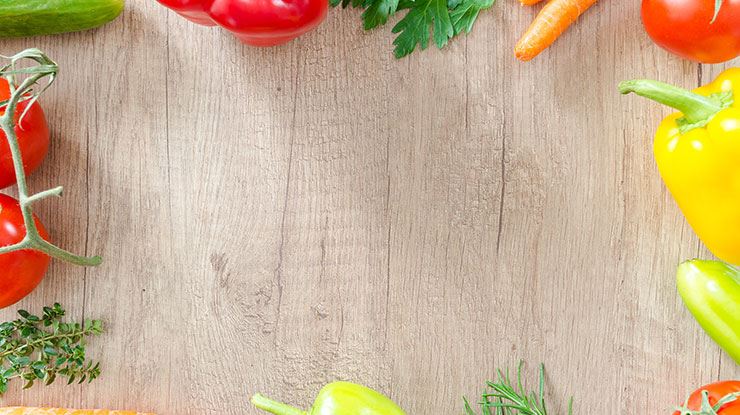
10 Tips for Supplementing Your Dog's Regular Diet
For most dog owners, our fur babies are like our actual babies. Sometimes, we spoil them even more than our kids—they're just too cute not to! But have you asked yourself if your dog is getting the nutrients he needs from his regular kibble? Chances are, he's not.
Here are 10 things you can add to your pup's food to supplement their diet and keep them in the best health possible.
1. Probiotics
Most store-bought dog food doesn't have all the good bacteria our four-legged friends need to support proper gut health. To aid your dog's digestion, look for one of the following types of probiotics:
- Lactobacillus acidophilus
- Lactobacillus rhamnosus
- Enterococcus faecium
- Bifidobacterium longum
2. Enzymes
Enzymes are similar to probiotics in that they aid your dog's digestion. If your pet frequently has an upset stomach or trouble going to the bathroom, add some digestive enzymes to their morning kibble. A few to try are Dr. Goodpet, Prozyme, and Total-zymes.
3. Fish Oil
If you've got a dog who never seems to stop itching, they may be having skin issues. Fish oil supplements have been known to reduce the amount of shedding in dogs and also make their coats much softer and shinier. Just be careful you're not adding rancid fish oil to your dog's food—it's much worse than no fish oil at all.
4. Omega-3
Omega-3 fatty acids are similar to fish oil in that they benefit the skin and fur. However, they're also anti-inflammatory and good for your dog's joints, brain, and heart, too!
5. Whole Food Vitamins
Rather than adding in a bunch of synthetic vitamins, try feeding your pets natural foods that are full of those nutritious vitamins on their own. You never really know what's in manufactured pills, so it's best to stick with what nature has to offer us.
6. Eggs
On that note, let's get into some real food, shall we? Eggs are an easy "human food" you can add to your dog's meals to give them a nutrient boost. By serving them raw or cooked on top of the kibble, your dog will enjoy an extra snack that's packed with protein, calcium, magnesium, iron, and more.
7. Poultry
Chicken and turkey are excellent lean meats you can feed your dog to boost the amount of protein they get. Serve the meat with their morning feed.
7. Sardines
If you're looking for a natural way to add omega-3 fatty acids and fish oil to your dog's kibble, sardines are the answer. A single small sardine has more than 100 mg of EPA and DHA, which are two omega-3 fatty acids. Sardines are also high in protein and help your dog maintain a strong, healthy immune system.
8. Yogurt and Cottage Cheese
Yogurt and cottage cheese are two excellent natural sources of probiotics and enzymes. Be sure to go with nonfat, unflavored yogurt to avoid loading your pup up with sugar—not only is it bad for them, but we doubt they need any more energy than they already have!
9. Fruits
Many fruits are safe and healthy for your dogs to eat. They can give your dog the right kinds of carbohydrates to help them maintain their stamina, and they can also contain vitamins that may be absent from your dog’s food. Just be sure to check with your veterinarian before introducing fruit to your dog’s diet, since some fruits, such as avocados and grapes, can be harmful.
10. Vegetables
You guessed it—just like your pup will love some fruit in his life, he could also benefit from some good ol' fashioned veggies. Many raw or cooked vegetables can be both safe and healthy for your dog to eat, adding plenty of nutritional value to their meals. Carrots, zucchini, and broccoli are some delicious dog-friendly snacks you (hopefully) already have in your fridge! As a bonus, dogs who eat veggies with their kibble have a reduced cancer risk. Just be sure to check with your veterinarian for the correct portion sizes, because diets that are too high in certain vegetables can cause problems for dogs as well.
Plain Kibble Won't Cut It
If you've just been scooping out a few cups of kibble when you feed your dog every morning, your pet is missing out on many nutrients and vitamins that can boost their health. Try out some of these 10 suggestions and pay attention to how your pup reacts to each! In most cases, you both will be pleasantly surprised.
Emily is a freelance wildlife conservation and pet blogger. To check out more of her work, see her blog, Conservation Folks, or follow her Twitter account @emilysfolk.










